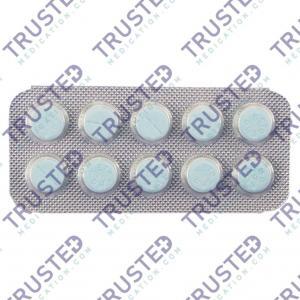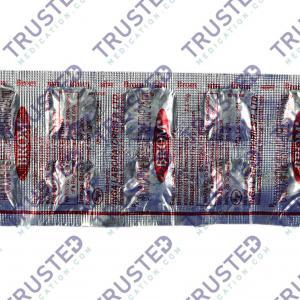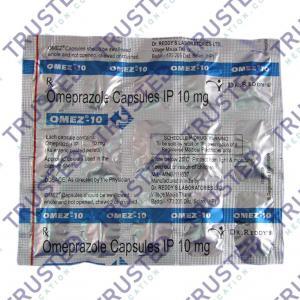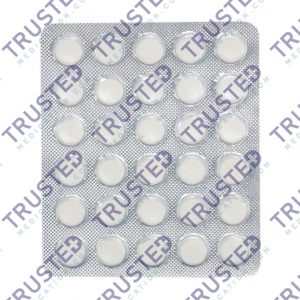
Cardiomegaly, commonly known as an enlarged heart, arises when the heart gets unusually thick or stretched. This makes it larger than usual and more difficult to pump blood adequately.
In some cases, the enlargement may be temporary. However, if it’s caused by an ongoing condition, it may be permanent. With proper management, most individuals can maintain their usual daily activities without significant disruption.
Who Does It Affect?
Cardiomegaly can affect anyone, but certain factors can increase your risk. These include:
· age
· hypertension or high blood pressure
· heart diseases such as valvular heart disease, coronary artery disease
· cardiomyopathy and arrhythmias
· uncontrolled diabetes
· obesity
· family history
Additionally, people who engage in long-term excessive alcohol consumption or use cocaine are at a higher risk.
What Causes Cardiomegaly?
An enlarged heart can be caused by various conditions. The most common cause is coronary artery disease, which can lead to a heart attack. Other causes include high blood pressure, valvular heart disease, cardiomyopathy, arrhythmias, and congenital heart disease. In some cases, an enlarged heart can also be caused by pregnancy or an infection.
What are the Symptoms of Cardiomegaly?
In some cases, an enlarged heart may not cause any symptoms. However, if you experience any of the following symptoms, you should seek medical attention:
- Dizziness
- Shortness of breath
- Edema
- Fatigue
- Irregular heartbeat
- Chest pain
What Happens If You Have Cardiomegaly?
If you have cardiomegaly, your heart has to work harder to pump blood, which can lead to complications such as heart failure, stroke, or even death. Therefore, it is essential to seek medical attention if you experience any symptoms.
Potential health complications from an enlarged heart may include:
· Heart failure
· Blood clot
· Stroke
· Heart attack
· Sudden cardiac death
How Is It Treated?
Treatment for an enlarged heart focuses on managing the underlying condition causing it. Your healthcare provider may prescribe medications to treat any underlying heart conditions. Lifestyle changes, such as quitting smoking, reducing alcohol consumption, and following a healthy diet, may also be recommended.
Common cardiac drugs include the following:
· Angiotensin-converting enzyme (ACE) inhibitors– to lower your blood pressure.
· Antiarrhythmics– help to keep your heart beating normally.
· Angiotensin II receptor blockers (ARBs)- to lower your blood pressure.
· Beta-blockers help to lower blood pressure and enhance cardiac function.
· Anticoagulants can help minimize your risk of blood clots.
· Diuretics (salt or water pills)-reduce the amount of sodium and water in your body.
In some cases, procedures or surgery may be necessary. For example, a pacemaker may be implanted to regulate your heartbeat, or a coronary angioplasty may be performed to open blocked arteries. In severe cases, a heart transplant may be required.
Preventive Measures for Cardiomegaly
While not all cases of cardiomegaly can be prevented, there are steps you can take to reduce your risk. These include:
- Maintaining a healthy weight
- Following a heart-healthy diet
- Exercising regularly
- Quitting smoking
- Limiting alcohol consumption
- Managing stress
If you have a family history of cardiomegaly, it is essential to inform your healthcare provider. They may recommend regular checkups and screenings to monitor your heart health.









